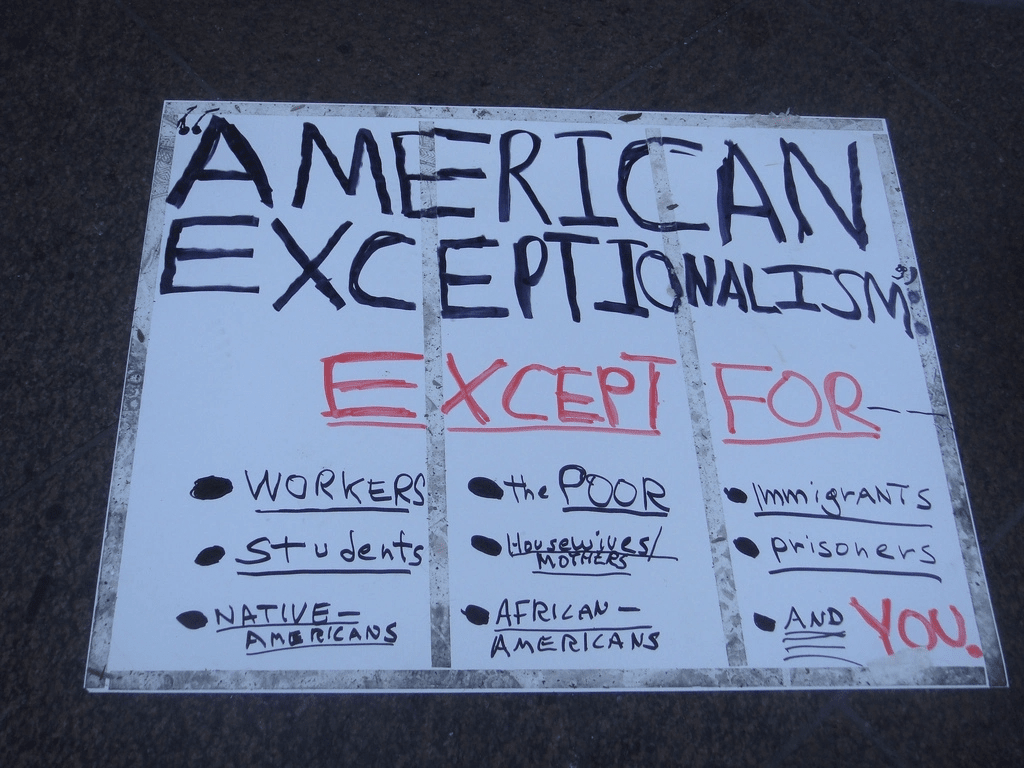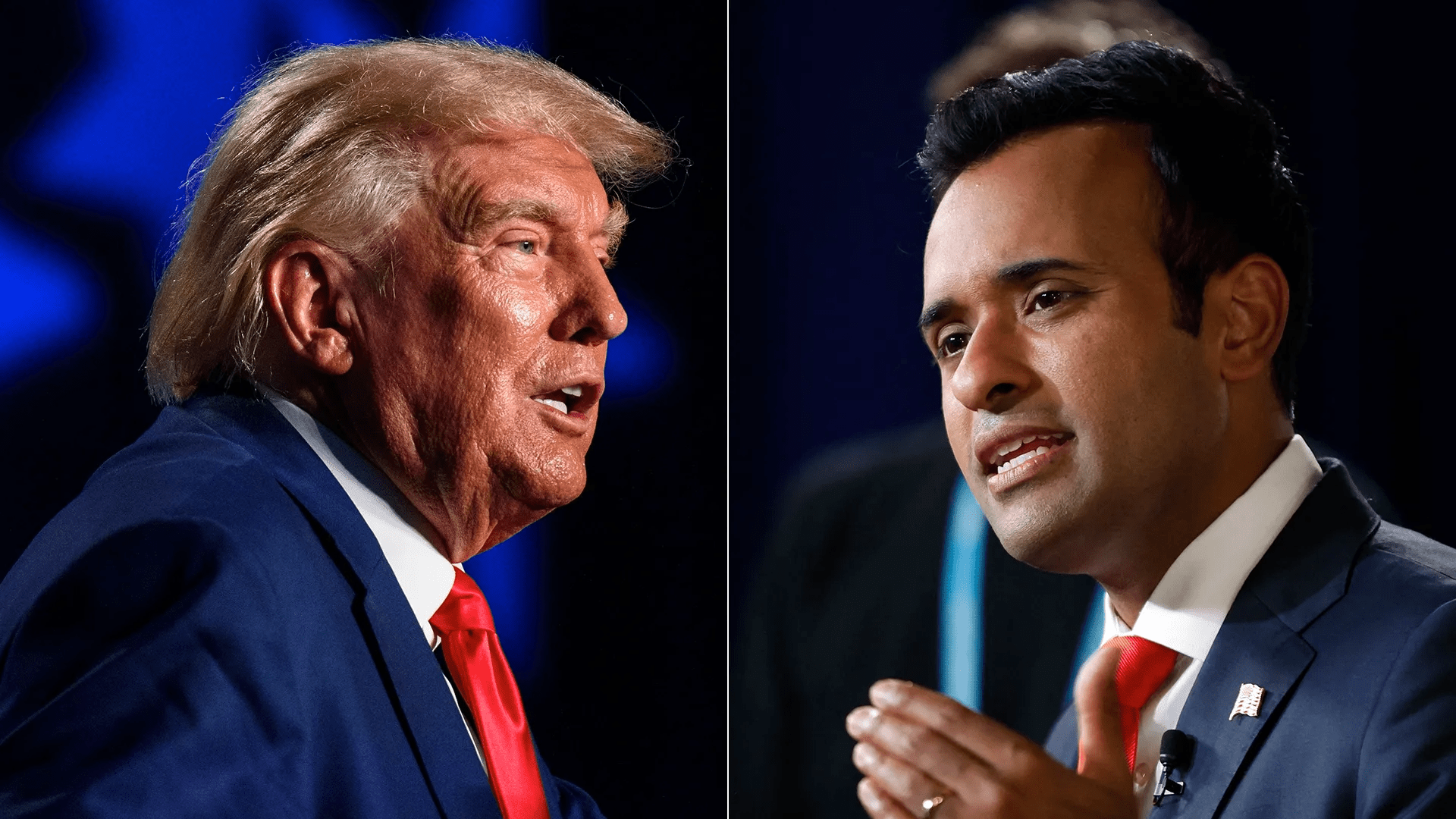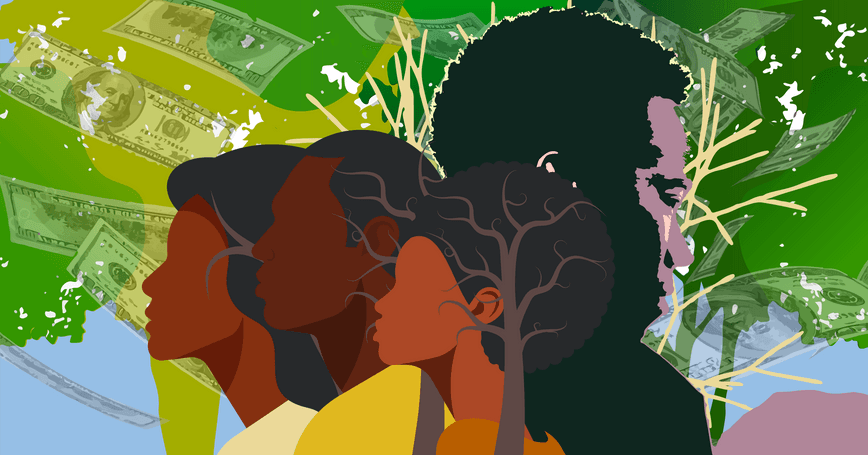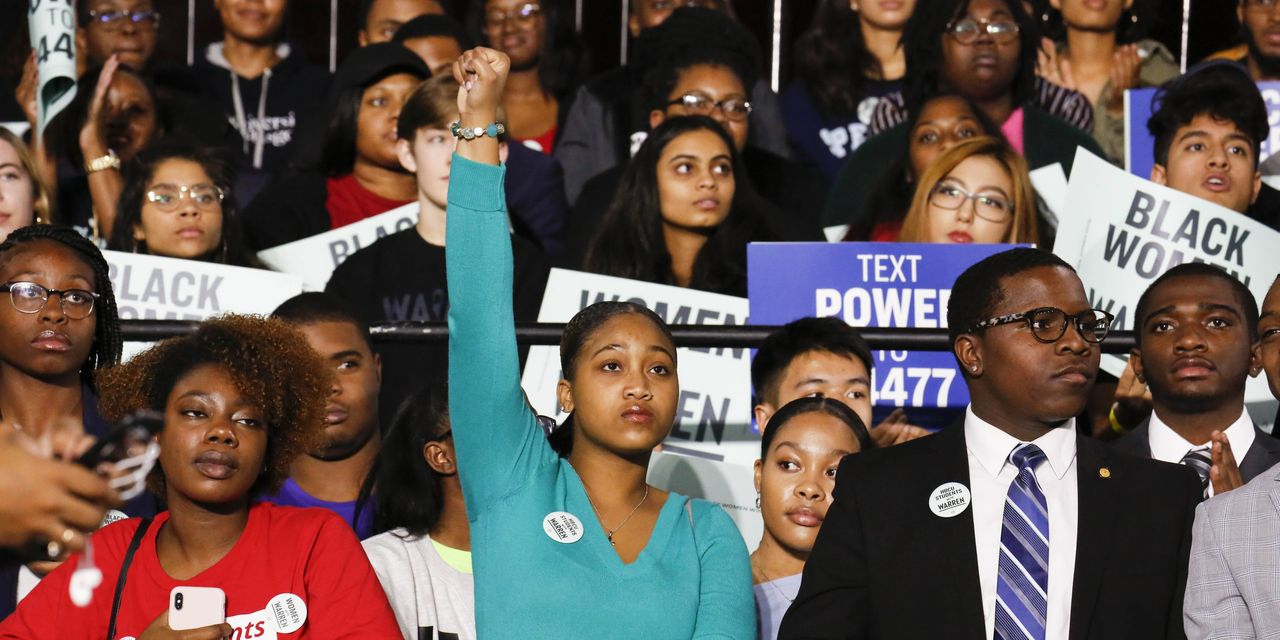The Myth of American Exceptionalism: The Underlying Fault Line in National Unity
American Exceptionalism: A Double-Edged Sword Fracturing the Nation's Unity
American Exceptionalism: The Underlying Fault Line in National Unity
The bedrock notion of American exceptionalism — the belief that the United States holds a unique position in the annals of history — has long been a source of national pride. However, this idea, which has been both celebrated and weaponized, might be one of the silent culprits behind the deepening polarization in the country.
Historical Echoes: The Inherent Superiority Complex
The annals of American history are punctuated by events where this belief in inherent superiority played out on the global stage. Take, for example, the Monroe Doctrine. While framed as a noble stand against European colonization, it simultaneously projected a paternalistic stance towards Latin America, suggesting that the U.S. was the wiser, guiding hand in the Western Hemisphere.
This exceptionalist mindset was not confined to distant history. Throughout the 20th century, various U.S. interventions, such as in Vietnam or Iraq, were predicated on the belief of spreading the superior American brand of democracy. Yet, in numerous instances, this led to extended conflicts, significant civilian casualties, and destabilization — hardly the intended outcome for a nation priding itself on its moral compass.
The Internal Divide: When Exceptionalism Turns Inward
On home soil, this belief in inherent national superiority has sown discord. When a country views itself as unparalleled, divergent opinions become more than just disagreements — they are seen as threats to its esteemed status.
Today's political discourse exemplifies this. Debates on pivotal issues are rarely about the substantive merits but are instead litmus tests of allegiance to the "true American way." Be it gun control, immigration, climate change, or healthcare, the undercurrent is less about policy and more about ideological purity and upholding perceived exceptional American values.
Muting the Margins: The Side Effects of Supremacy
When an exceptionalist mindset prevails, there's an inevitable, albeit subconscious, sidelining of diverse voices. If the American perspective is deemed the pinnacle, then alternative viewpoints, by default, appear lesser.
This devaluation is evident in reactions to movements like Black Lives Matter. At its essence, the movement is a call for equity and justice. However, its detractors, perhaps influenced by the specter of exceptionalism, decry it as an attempt to subvert American values or distort history. Such a stance not only marginalizes a significant segment of society but also deepens the chasms of understanding.
Reimagining Exceptionalism: Beyond the Usual Rhetoric
Moving beyond the conventional understanding of American exceptionalism doesn't imply renouncing national pride. Rather, it's an appeal to redefine what being "exceptional" truly means.
Could not the real exceptionalism lie in acknowledging past missteps, valuing the multiplicity of voices, and crafting a more inclusive narrative? Such a perspective might position America as a nation that learns, evolves, and genuinely upholds the ideals of liberty and justice for all.
In closing, while the allure of inherent superiority is tempting, it carries the peril of furthering divisions and stifling the very diversity that could be America's strength. A reimagined, inclusive exceptionalism might be the touchstone for a truly united and progressive nation.






.png)
.png)
Comments